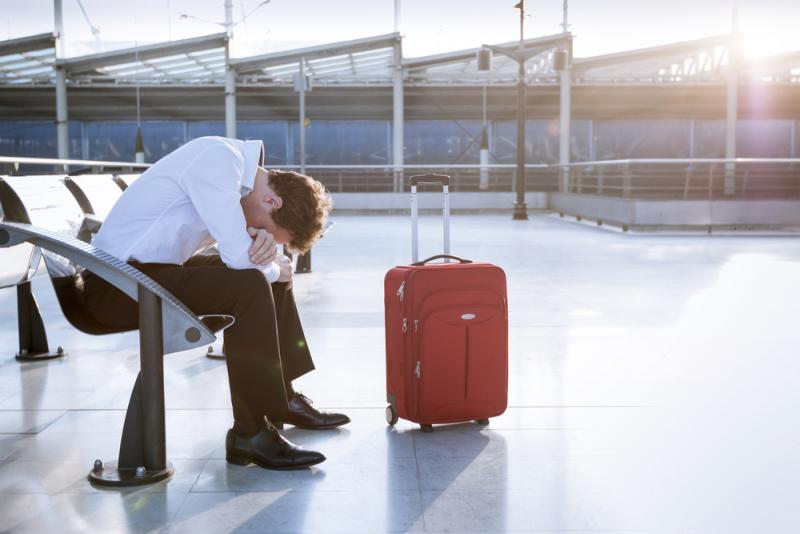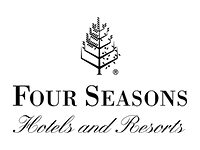
Exploring the World with Anxiety: Building Your Travel Confidence
Does travelling open up a world of breathtaking landscapes, intriguing cultures, and once in a lifetime experiences? Yes, very much so, but what happens if the thought of travel doesn’t so much fill you with sparks of excitement, but worry of the unknown?
There are many elements about planning and going on holiday that can leave many of us feeling uneasy at the prospect, especially if you suffer from anxiety. This isn’t uncommon when you consider that each week 1 in 6 people will report a common mental health problem such as anxiety. From the thought of an overcrowded airport to the unpredictability of new environments, the challenges can seem daunting, turning the joy of planning a trip into a source of stress and apprehension.
The fear of flying, concern over safety, or the overwhelming nature of unfamiliar places can all cause travel anxiety, so what can you do to help alleviate this and enjoy your time away? To help build your travel confidence, below you will find some helpful tips on preparation, support, and mindful practices to try.
Understanding and Preparing for Travel Anxiety
Travel anxiety can manifest in various forms, such as panic attacks, excessive worry, or even avoidance of travel altogether, impacting everyone differently. National charity Anxiety UK explains that those already with present anxiety disorders may find that travelling exacerbates or triggers anxiety symptoms[i]. Common triggers can include:
- A fear of flying including experiencing turbulence, take-off and landing, and feeling claustrophobic[ii].
- Being away from family or friends.
- Changing your routine.
- The fear of the unknown when travelling to somewhere new.
Preparation Is Your Foundation for Confidence
Preparation can significantly reduce fears by replacing the unknown with familiarity and control. However, even the thought of preparing well for a holiday can cause us to overthink and worry as we begin to start listing essential things not to forget as well as planning flights, accommodation, travel money and more. Here are some helpful tips on getting started.
- Start Small – If the thought of a week-long international trip overwhelms you, begin with shorter, more manageable excursions. A weekend getaway closer to home or a day trip to a nearby city can build your confidence and help you adjust to the rhythm of travel gradually, especially if this is something out of your regular routine.
- Research and Plan – Look into details about your chosen destination and read reviews. Understanding the layout of the city, key tourist spots, local customs, and language basics can make a new environment feel more familiar and less intimidating. Create a flexible itinerary that includes must-see locations and rest days, allowing for a structured yet adaptable travel experience.
- Check Your Passport & GHIC – Ensure that your passport is well within its expiry date along with your Global Health Insurance Card (GHIC). Check the dates on these and apply for new ones ASAP if they are expired. Some countries may require you to have a certain amount of time left on your passport before expiry to be accepted, usually at least 3 months[iii]. You can check foreign travel advice on the Gov.uk website for the destination you’re travelling to. Having a valid GHIC can provide access to necessary healthcare services if you need them whilst away.
- Pack Wisely – Beyond the essentials like your passport, pack items that comfort and reassure you. This could be anything from your favourite book to noise-cancelling headphones or small items that help soothe your anxiety. These can be helpful distractions to keep you calm in stressful environments.
- Safety Nets – Establish safety nets to fall back on. This includes researching the safest areas to stay, understanding local laws and customs, having a list of emergency contacts (including local emergency services), and ensuring you have sufficient travel insurance. Knowing you’re prepared for various scenarios can significantly ease anxiety.
Using Technology and Coping Strategies
One of the best things about having a smartphone is that you have access to many helpful resources and apps that can help whilst travelling. This includes those focused on mindfulness and helping ease symptoms of anxiety.
- Travel Apps – Navigation apps like Google Maps and CityMapper can help you find your way around unfamiliar places with ease. You can use country-specific apps for local public transport too so you can move around confidently. Apps that provide real-time updates on flight information and your accommodation can help keep you informed and prepared for any changes.
- Stay Connected – Keeping in touch with family and friends back home can provide a sense of security and support, especially if you are travelling alone. Social media and messaging apps allow you to share experiences and receive encouragement, making the world feel a bit smaller and more connected.
- Mindfulness and Meditation – Mindfulness apps such as Headspace offer guided meditations that can help calm your mind amidst the hustle and bustle of travel. Even a few minutes of meditation can reduce stress, improve your mood, and help you stay present, making your travel experience more enjoyable.
- Breathing Exercises – Simple breathing techniques, such as deep breathing or the 5-4-3-2-1 technique (where you focus on 5 things you see, 4 things you feel, 3 things you hear, 2 things you smell, and 1 thing you taste)[iv], can be powerful tools to manage anxiety spikes. These can be practised anywhere, from crowded airports to confined airplane seats, providing immediate relief.
- Focus On The Positives and Visualisation – Positive thoughts can remind you of your strength and ability to handle challenges, looking past the negatives so you can look forward to your trip, offering a sense of relief[v]. Visualisation techniques such as guided imagery[vi], where you imagine yourself successfully navigating your trip, can build confidence and reduce fear.
Embracing the Journey with Flexibility
No matter how well-prepared you are for a holiday, travel inherently comes with unpredictability, and this can be a daunting prospect for anyone with anxiety. However, if you can embrace these uncertainties with flexibility you can overcome many challenges before and during your time away.
Remember to prioritise the essential aspects of your trip in advance including the flights and accommodation well ahead of the day you travel. This along with ensuring you have suitable travel insurance and a valid passport can avoid any last-minute anxieties.
Travel offers unique opportunities to live in the moment, whether it’s engaging with local cultures, trying new cuisines, or connecting with people. These experiences can overcome anxieties, bringing joy and even a sense of accomplishment. By approaching travel with gradual steps, a focus on the present, and a flexible attitude, you can navigate its uncertainties more confidently.
Share this article:



















